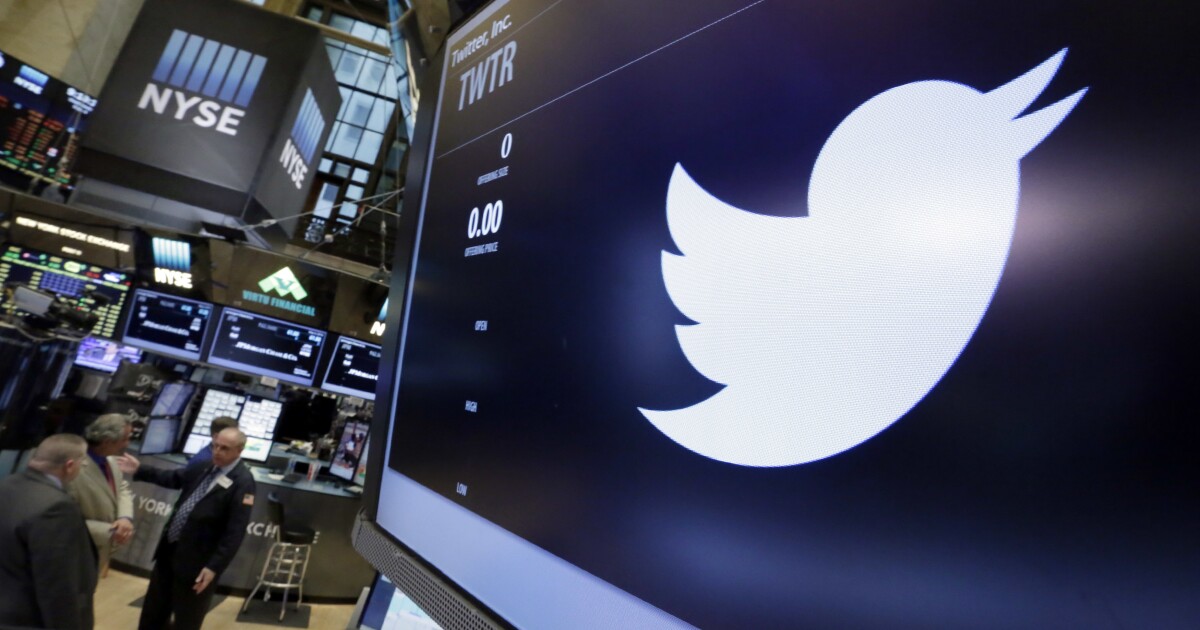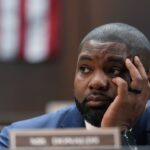

Executives at Twitter assisted with and empowered efforts by the U.S. military to influence opinion in the Middle East, according to the latest release of internal company documents that owner Elon Musk and his allies have called the “Twitter Files.”
Representatives from U.S. Central Command communicated with Twitter officials to ensure that select accounts used to influence opinion in Middle Eastern countries were not silenced or limited, according to documents posted Tuesday by the Intercept’s Lee Fang.
MUSK REPORTEDLY SEARCHING FOR REPLACEMENT TWITTER CEO
1. TWITTER FILES PART 8
*How Twitter Quietly Aided the Pentagon’s Covert Online PsyOp Campaign*
Despite promises to shut down covert state-run propaganda networks, Twitter docs show that the social media giant directly assisted the U.S. military’s influence operations.
— Lee Fang (@lhfang) December 20, 2022
CENTCOM officials sent a list of 52 Arab-speaking accounts to Twitter in 2017, requesting that they be verified, receive priority service, or be “whitelisted.” These account requests were authorized, allowing the accounts to receive increased visibility and avoid spam or abuse flags.
The accounts in question were used to promote U.S. military priorities, such as presenting anti-Iran messaging or arguing that U.S. drone strikes had only hit terrorists, not civilians.
Twitter executives were aware of these accounts, according to Fang, and did not act to suspend them.
The Pentagon was using “poor tradecraft” in its Middle Eastern network, former Twitter general counsel Jim Baker said in a July 2020 email, and was seeking strategies to ensure that others did not learn that the accounts were “linked to each other or DoD or the USG.”
CLICK HERE TO READ MORE FROM THE WASHINGTON EXAMINER
A Stanford Internet Observatory report noted similar networks operated by U.S. agencies to spread anti-Russia and anti-Iran messaging influence campaigns on Facebook, Telegram, and Twitter.
Fang’s reporting is the latest entry in the Twitter Files. Previous reports detailed the company’s interactions with the FBI, its handling of former President Donald Trump’s ban, and its “blacklist” practices.






